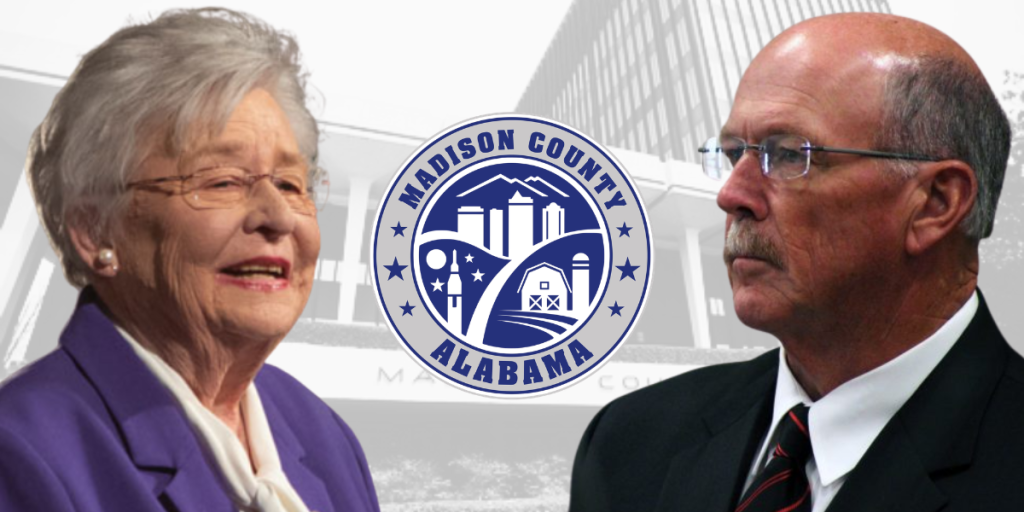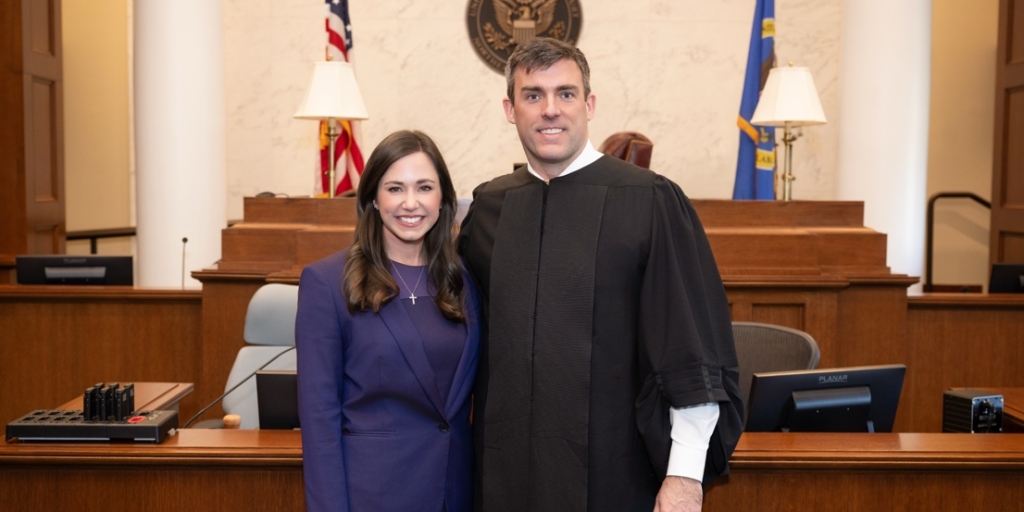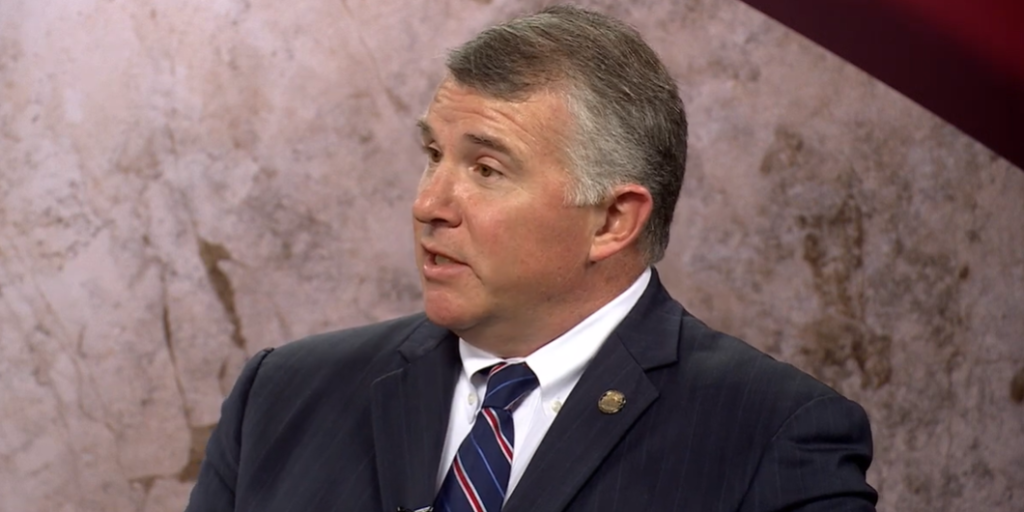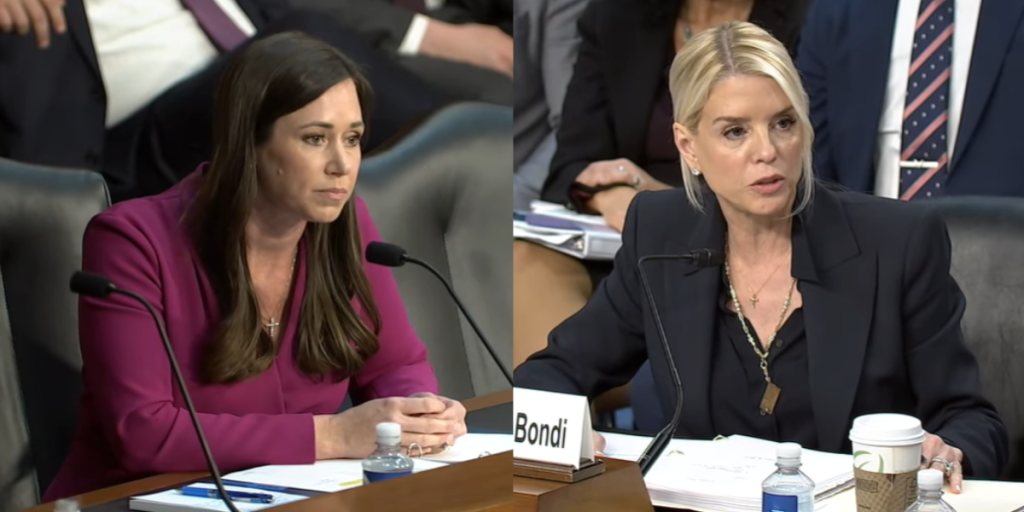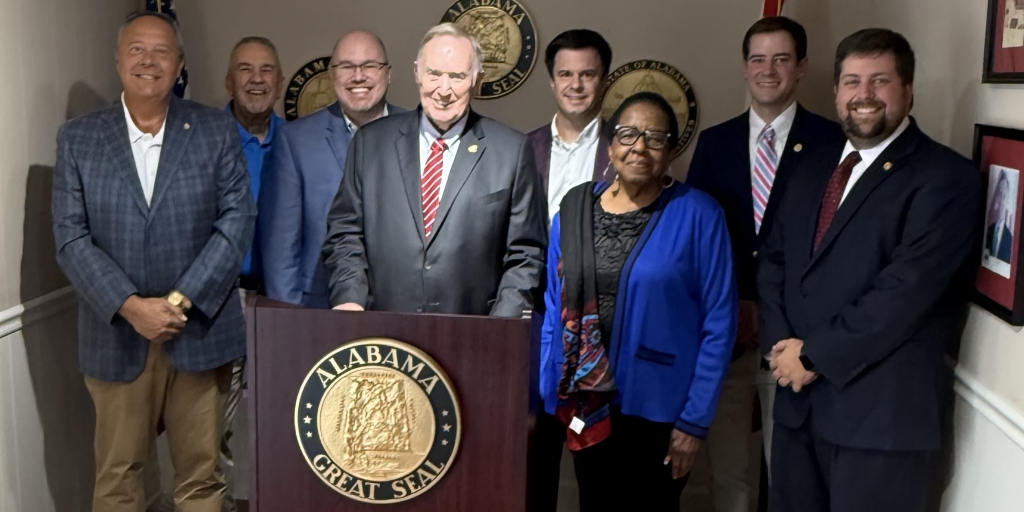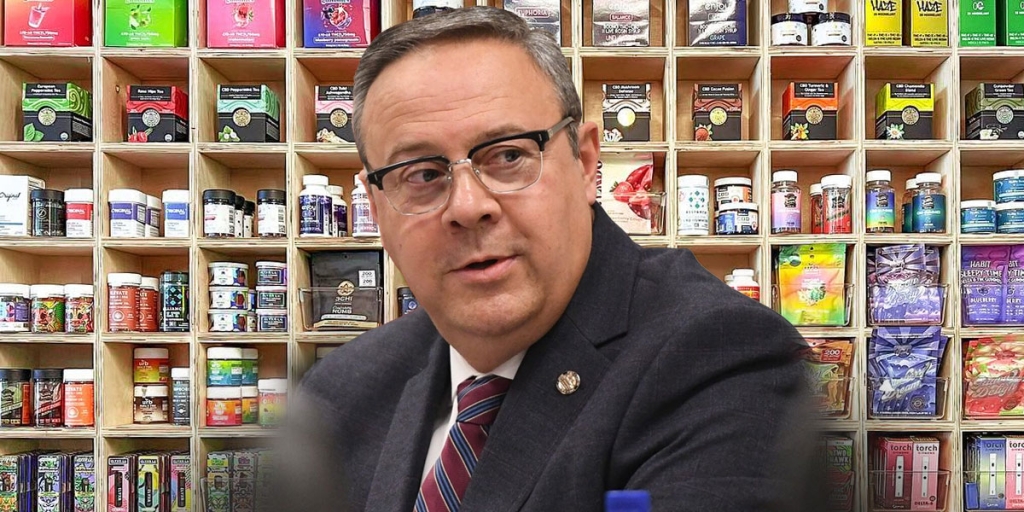While the 2023 legislative session was a quiet year for lottery and gambling bills, 2024 is primed for the opposite.
After close calls in the 2021 and 2022 sessions to authorize a comprehensive legal gaming framework and put the final question back to the people of Alabama for the first time since a 1999 constitutional amendment, the current assortment of state lawmakers remain untested on the question of gaming, as they enter the second year of their quadrennium as colleagues.
“When the word gambling is mentioned to some legislators, it’s obvious by their body language that they are uncomfortable in just talking about it,” Rep. Andy Whitt (R-Harvest) told Yellowhammer News. “From the recent overdose death at an illegal Walker County gaming operation, to the multimillion-dollar sports betting ring in the Birmingham area, illegal gaming is impacting every county within our state.
“When a person can walk into a convenience store that is only a few blocks from our state’s Capitol and purchase a scratch off ticket, then yeah, we have a big problem. It is a problem that we can no longer ignore.”
RELATED: Ledbetter: ‘Illegal gambling will continue to grow’ without regulations
Those illegal operations are today, and will continue to be, under the enforcement purview of Alabama law enforcement. Attorney General Steve Marshall said that’s not a job that can be done alone.
“Enforcement of Alabama’s anti-gambling laws requires a partnership between state and local officials,” Marshall said in a statement to Yellowhammer News. “Where those partnerships are strong, as we have seen this week, enforcement is effective. Where those partnerships are weak, enforcement is more difficult.”
Last week, his office enforced a temporary restraining order against White Hall Entertainment in Lowndes County, which pulled the plug on 600 slot machines on the property. Since April, the Jefferson County Sheriff’s Office began shutting down dozens of similar illegal facilities in concert with the AG’s office. That effort is an example of a strong partnership referenced by Marshall.
“What we need is stronger leadership in some areas of our state. You cannot cure corruption with legalization,” Marshall said.
RELATED: Senate passes bill that would legalize a lottery, casino gaming, sports betting (2021)
Whitt was tasked by House Speaker Nathaniel Ledbetter to lead a group of members to intently look at the landscape of legalized gaming for the state.
They have a lot of material to work with, particularly from Gov. Kay Ivey’s 2020 study commission that produced an almost 900-page report on the potential revenue, public support and regulatory avenues available.
RELATED: Gambling study group releases findings: Public supports legalization, could generate $510M to $710M annually (2020)
But the group isn’t just studying the issue in the abstract. Whitt said he’s been learning as much as he can about the facilities and operations of neighboring states.
“The Louisiana Lottery is a good example. They shared stories of their early mistakes, offered insight on enforcement legislation, and explained in great detail the processes of their operation,” Whitt said. “With Alabama being one of the very last states without a lottery, we’re able to gain a good understanding of what has and hasn’t worked in these other states.”
From his vantage over modern Alabama political history, former Rep. Steve Flowers said the policy question is personal for many.
“When I speak to a Rotary Club, that’s the first question they ask me: ‘Why don’t we have a lottery in Alabama?’,” Flowers said. “They really get mad about it because they see all their neighbors put their money together and drive to a Tennessee or Florida or Georgia, wherever they go.
“And it’s all Alabamians’ money.”
Ivey’s 2020 study group estimated that legalizing gambling could generate annual revenue between $510 million and $710 million for the state, including an estimated $200 million to $300 million from a state lottery, $300 million to $400 million from casino gaming, and around $10 million from sports betting.
RELATED: State Sen. Albritton: ‘It is past time’ to let Alabamians vote on gaming and lottery (2022)
“That’s why it makes it hard, because they all want to have a different idea of where the money’ll go,” Flowers said.
The historic and continual loss of revenue Alabama suffers by not having a legal gaming framework is a sore subject, Whitt said.
“Every day that we ignore the issue, Alabama loses millions of dollars in potential revenue from legal gaming while illegal gaming continues to operate in an underworld environment,” he said. “Traditionally, the pro-gaming lawmakers demand to allow everything, and the anti-gaming lawmakers demand to allow nothing.”
Whitt said the forthcoming bill will be written by lawmakers – not lobbyists.
“My hope is that we can get our two sides to sit down, face reality, and find a mutually-agreeable sweet spot somewhere in the middle,” he said.
In 2021, the revenue distribution plan included in the Senate-passed package was earmarked largely for education, scholarships, broadband expansion, rural health care, mental health care, agricultural programs, roads and bridges, and more. While that package cleared the Senate, it didn’t get the same bipartisan reception in the House.
RELATED: Alabama House Democrats withhold support, preventing consideration of lottery and gaming legislation (2021)
As Majority Leader at the time, now-Speaker Ledbetter (R-Rainsville) had House Republicans behind the Senate package after exhaustive negotiations throughout the session.
“Our members have fought for this,” Ledbetter said during the final days of the 2021 session. “We tried from day one — I met with the people that were in charge and tried to work out a compromise that we could live with. We tried to work it out today. And it didn’t work. To come up here and say that we didn’t try is not right.”
In 2024, the House is dealing with a new deck of cards, Flowers said.
“I think, the way it would pass, you got the votes in the Senate to pass what Governor Ivey wants to do – or wanted to do – but I think Ledbetter could be the key to the whole thing,” he said.
This time around, for a proposal to get her support, “it must be done right,” Ivey said in a statement to Yellowhammer News.
“Changing gambling law means changing our Constitution, and that means it has to go to the ballot for the people of Alabama to decide,” she said. “The last time the Legislature proposed a constitutional amendment on gambling to Alabama voters was in 1999, and frankly, I support Alabamians having another opportunity to vote on the issue.
“I think it has to be comprehensive enough to clearly address all forms of gambling. And most importantly, it must be done right – I will only support legislation if I think is best for our state and our citizens.”
That principle is top of mind for lawmakers preparing to lift one of Alabama’s heaviest 21st century political issues.
“The people of our state want to vote on this issue and they deserve the right to do so,” Whitt said. “It has been almost 25 years since Alabamians last voted on a lottery referendum, and conventional wisdom indicates such an amendment would pass by a landslide margin if placed on the ballot today. But in the quarter-century since the last referendum, much has changed, and a more comprehensive approach to gaming is needed, especially since it demands a statewide referendum vote.
“We must determine what legal gaming we want to allow, regulate its operations, and allow the state to accrue revenue while, at the same time, shutting down illegal gaming, strengthening the laws against it, and punishing those who violate the law. As for my constituents, it is crystal clear to me that they desire to vote on this issue.
“It is a frequently discussed topic and is the topic that I am asked about the most.”
Grayson Everett is the state and political editor for Yellowhammer News. You can follow him on Twitter @Grayson270





